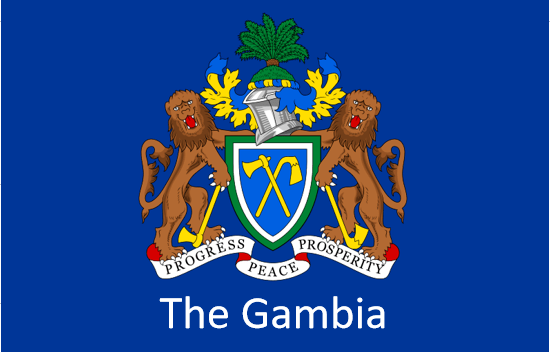Spotlight on The Gambia: Sustaining Ban on Female Genital Mutilation
The recent vote by the National Assembly of The Gambia to maintain the ban on Female Genital Mutilation (FGM) is a commendable decision that underscores the country’s commitment to human rights, gender equality, and the well-being of girls and women.
FGM, which involves the cutting or removal of external female genitalia, poses serious physical and psychological risks, particularly to infants and young girls. The Women’s (Amendment) Act, 2015, represents a significant step towards gender equality and reflects years of advocacy and education efforts aimed at eradicating this harmful practice. It is essential to ensure that legal protections against FGM are upheld to meet Sustainable Development Goal targets.
The decision to uphold the ban on FGM is in line with The Gambia’s international and regional commitments to combat harmful practices against girls and women, as outlined in various conventions and protocols. We also acknowledge the invaluable contributions of survivors, activists, civil society organizations, and faith-based groups in the fight against FGM. By supporting grassroots initiatives, we can work towards ending all forms of violence and harmful practices against girls and women, creating a safer and healthier future for them in The Gambia and beyond.
The importance of progress in ending FGM cannot be emphasized enough. Women’s and girls’ rights are under attack in many countries, putting hard-earned achievements at risk. In some places, advancements have been halted or reversed due to resistance against women’s rights, instability, and conflict, which disrupts services and prevention programs.
Legislative bans on FGM are crucial for interventions, but they alone cannot put an end to the practice. More than 73% of girls and women aged 15 to 49 in the country have already undergone this harmful practice, with many experiencing it before their fifth birthday.
Recent months have highlighted the need for ongoing advocacy to promote gender equality, end violence against girls and women, and protect the progress made in ending FGM. It also emphasizes the importance of working with communities and grassroots organizations, engaging with traditional, political, and religious leaders, training health workers, and effectively raising awareness about the harms of the practice.
It is still as urgent as ever to support survivors of FGM, many of whom suffer long-term physical and psychological harm and require comprehensive medical and psychological care to heal.
We are unwavering in our commitment to supporting the government, civil society, and communities in The Gambia in the fight against FGM. Together, we must continue working until all girls and women can live free from violence and harmful practices, and their rights, bodily integrity, and dignity are respected.




